
- Este evento ha pasado.
Permaculture Design Course (Rancho Mastatal)
abril 2, 2023 - abril 15, 2023
Evento Navegación
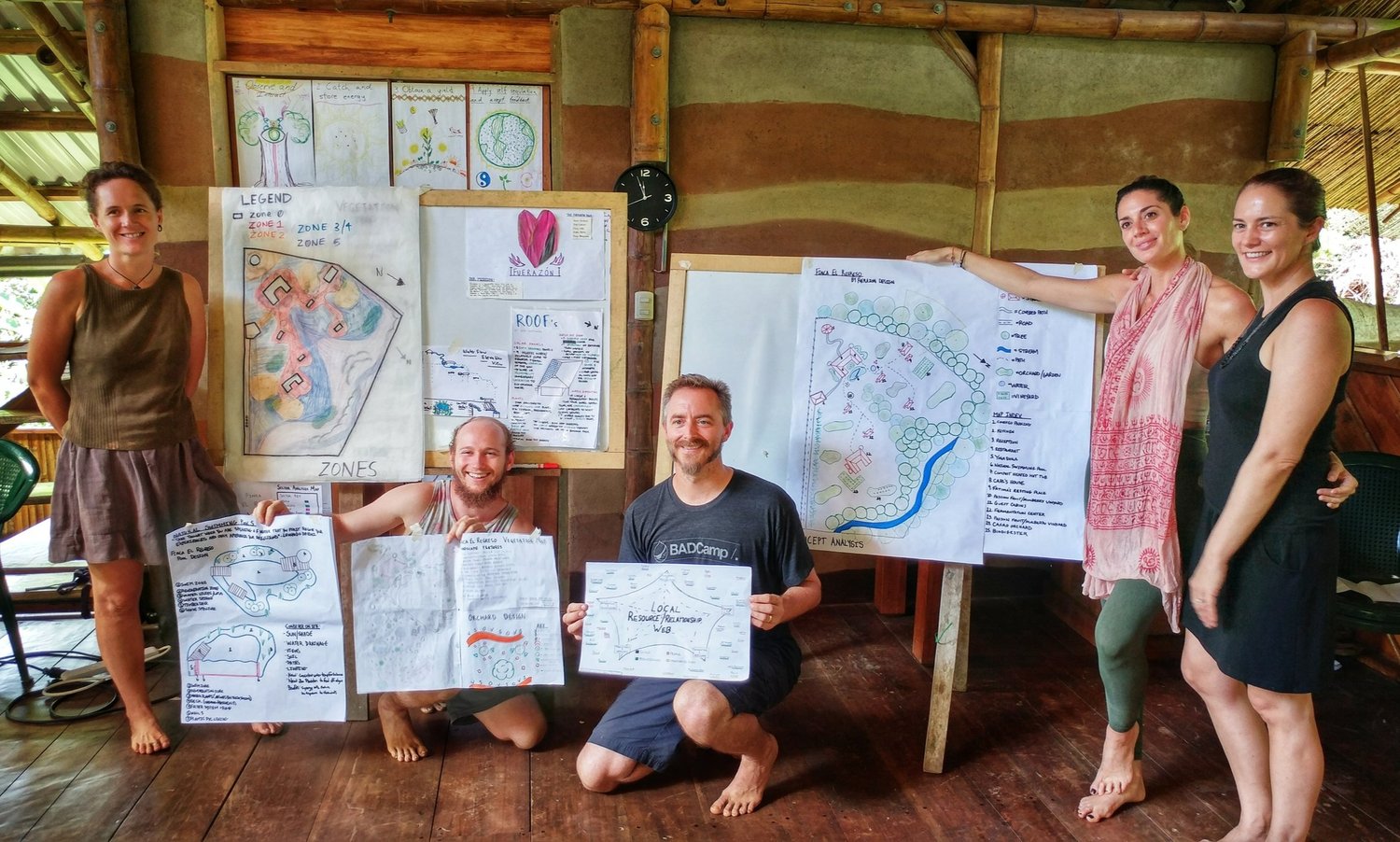
Join our experienced team of permaculture practitioners led by the Rancho Mastatal team for this annual life-changing 2-week experience. The course covers the core Permaculture Design curriculum and emphasizes creating diverse multi-functional human landscapes based on ecological patterns. Utilizing Rancho Mastatal as a living classroom, the class will mix lectures (60%) and hands-on work (40%), exploring design solutions for both temperate and tropical regions. Putting permaculture design into practice, the course concludes with a permaculture site design for a clients property.
This course is applicable to anyone with an interest in designing resilient and regenerative futures as well as professionals in the fields of architecture, planning, ecology, education, farming and community development. The whole-systems design thinking outlined in the course will give participants the tools to re-design and improve their surroundings; from gardens, farms and homes, to livelihoods, relationships and communities. Get inspired by some of our past alumni!
Permaculture is something you use, not something you do. It is not a course on gardening, but rather on how to design a garden. While practical skills and applications of design principals are incorporated into the course, the learning outcomes revolve around understanding and applying the ethics, principals, and methodologies of design. So while you will have a hands on practical session in natural building you will not come away with the technical skills to build your own house but you will better understand the design considerations, patterns and principals that guide our decision to build a natural home and experience the wonder of working with simple, locally available materials.
COURSE CURRICULUM
All of the core modules and content will be covered from the original Permaculture: A Designers Manual (1988). The PDC includes a minimum of 72 hours contact time with instructors and introduces students to a huge variety of topics. The goal of this course is very much to expose students to new ideas and ways of thinking, provide examples of practical applications and the resources and inspiration to go away and become change-makers. Some topics that will be covered but not limited to are:

-
History, Principles and Ethics of Permaculture Design
-
Design Methodologies and Site Analysis & Assessment
-
Pattern Languages in Culture and the Landscape
-
Reading the Landscape and Pattern Recognition
-
Simple Mapping and Surveying Techniques
-
Client Interviews and Goal Setting
-
Map Reading
-
Master Planning and Design Presentations
-
Climate and Microclimate Design
-
Water: Cycles, Catchment, Ecology, Conservation, Treatment
-
Greywater and Blackwater Systems – Mulch Basins, Branched Drain, Biodigestor Design.
-
Earthworks, Swales, & Techniques for Water Storage
-
Soils: Biology, Ecology, Fertility Strategies, Worms & Vermicompost,
-
Biochar, Biofertilizers, Mulching, Biomass Production, Microorganisms Cultivation, Compost Making
-
Introduction to Keyline Design and Holistic Management
-
Animals, Uses, Role and Systems
-
Gardening from the Tropics to the Temperate Regions
-
Food Forest Management and Agroforestry
-
Plant Propagation, Grafting, Nursery Management
-
Fermentation, Post Harvest Handling, and Harvest Strategies
-
Building Design, Siting and Passive Design for all climates
-
Natural Building – Buildings of Earth, Design Requirements and hands on
-
Bamboo Management, Harvesting and Modified Boucherie Treatment
-
Medicine Making, Medicinal Plants, Natural Shampoo, Dish and Bar Soap Making
-
Urban and Suburban Permaculture Applications and Case Studies
-
Energy and Appropriate Technology: Renewable Energy, Composting Toilets, Alternative Cooking Models
-
Regenerative Economic Models, Right Livelihood
-
Social Structures, Decision Making, Community Organizing and Communication Strategies
Project Design
Design is at the heart of permaculture and consequently we strive to put students in as many design scenarios as possible. In addition to smaller design charettes, challenges and mini projects, students will spend extensive time on a large group design projects. Groups of four to six students are given a piece of land in Mastatal and a real fictitious client; they are expected to create a base map of the property, complete a site analysis and assessment, interview the client, and create a design that is presented as a capstone project at the end of the two weeks. Approximately a quarter of the course will be devoted to this project.

LEARNING OUTCOMES
Students will:
-
Understand existing global patterns of agriculture, economics, development, etc and how permaculture design creates a paradigm shift toward new patterns.
-
Show an understanding of permaculture ethics and principles and how to use them as a framework to govern, guide and support design decisions.
-
Gain an understanding of ecology and its process, specifically focused on soil, water, plants, animals, and microorganisms.
-
Use this understanding to interpret natural patterns and use them as models for designing sustainable systems
-
Learn and practice how to approach design problems through site analysis, client interviews, mapping, drafting, etc.
-
Demonstrate simple land based surveying techniques
-
Demonstrate simple mapping and drafting techniques
-
Learn how to identify broad landscape patterns and details and how they relate (scale, order, etc) and create a context for design work.
-
Learn and practice design methodologies and processes such as observation, pattern recognition and application, the scale of permanence, etc.
-
Be able to analyze landscapes across climates for successful human settlements.
-
Be inspired about their ability to create change where they live.
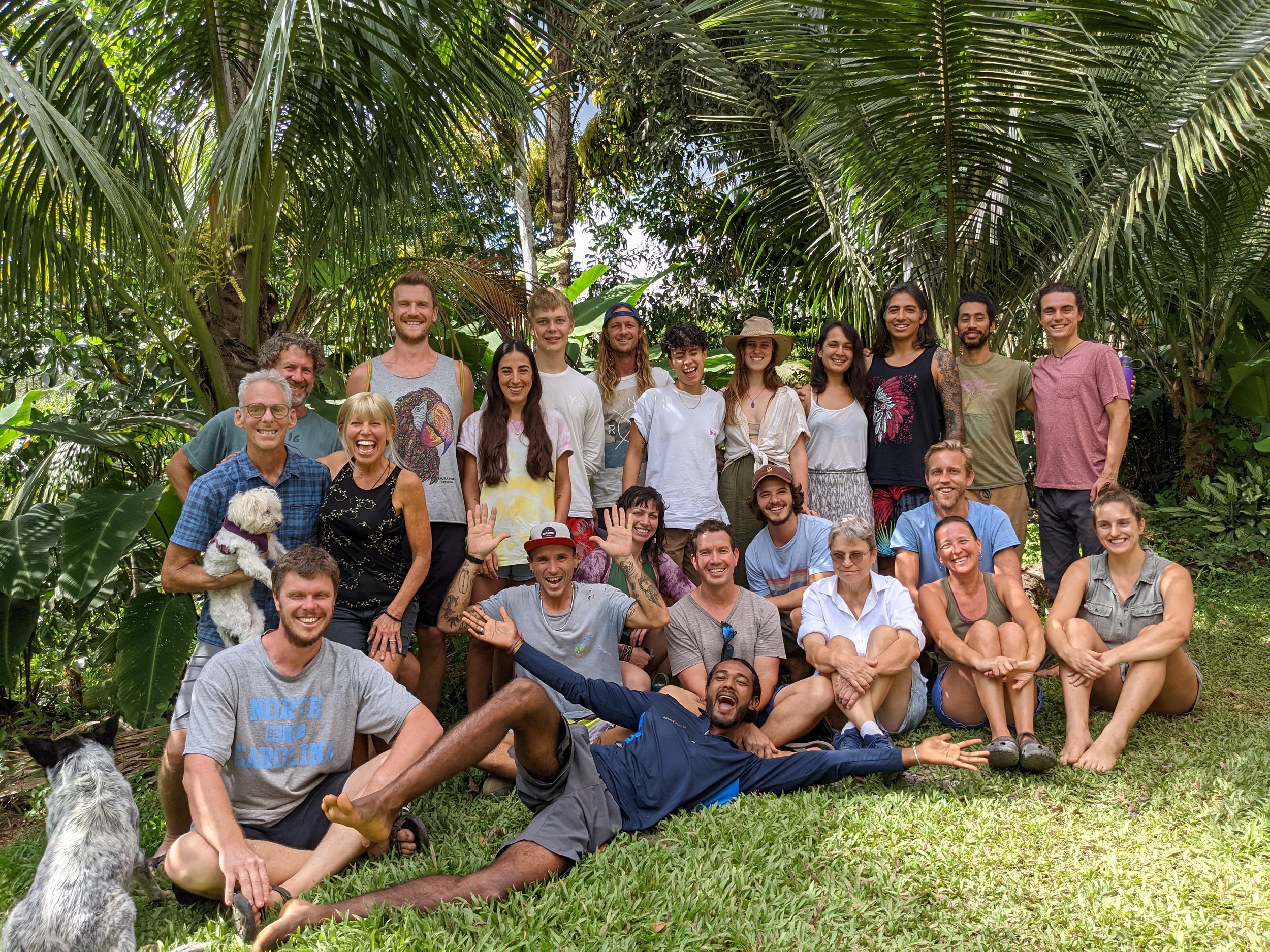
Our Permaculture Community
Our goal as instructors is to support all of our students post-course. This has taken many forms in the past, including helping sourcing materials, introductions to specific organizations/people, sharing available job opportunities, and such. One of the great advantages of taking a course at Rancho Mastatal is that you become part of the larger Ranch community. As an established organization, with over two decades of ground work, our network is extensive and familial. The opportunity to plug into that is an invaluable part of our PDC.
What have some graduates gone on to do?
Rancho Mastatal has been offering Permaculture Design Certification courses for over a decade during that time there have been some exceptional students that have gone on to create inspiring and awesome business and projects around the globe. Check out our PDC Workshop Alumni page for information on different graduates.
WHO SHOULD TAKE THIS PDC?
There are many permaculture design courses offered around the world but you are a good fit for our PDC if:
-
You want to learn from instructors who have many years experience teaching and live on the sites they have designed on a daily basis.
-
You want to experience an established permaculture farm and education center, largely designed as a demonstration site and living laboratory for experiential learning.
-
You want to be inspired by seeing many working examples of highly functional systems that were guided by Permaculture principles and ethics.
-
You want to be immersed in nature, surrounded by the rainforest, next to a national park and with access to a private wildlife refuge and waterfall.
-
You are interested in a residential course. This means you will be living, learning, eating, and working with your instructors, fellow students, and the Ranch community members every moment. It is an intense and fulfilling experience, that builds quick bonds and lends itself toward networking and community creation.
-
You are able to sit in a naturally built bamboo classroom for approximately 4 hours/day. As a theory/survey course there is a significant amount of lecture and discussion daily.
-
You are excited to learn a large amount of information over a two week period.
-
You believe in the mission and vision of Rancho Mastatal and you want to support our community.
-
You want to be part of a diverse group of students, we usually have at least 10 different countries represented.
-
You have been inspired by what some of our PDC graduates have gone on to do.
You may want to look for another course if:
-
You have other affairs that may routinely distract you from the course. Consider a weekend course.
-
You are looking for a retreat, vacation, or spiritual experience.
-
You are not prepared to live in a tropical climate for two week. We live right next to the rainforest.
-
You are not prepared to disconnect from internet/phone to some degree. Both are available in our rural community, but often present connection challenges.
-
You want a purely hands on experience. Our PDC is about 60% theoretical and 40% practical. Check out some of our other workshops for more hands on classes.
LANGUAGE
The course will be taught in English.
instructors

Rancho Mastatal Team
The Ranch’s seasoned core team will be co-teaching this class. The Ranch has over 20 years of experience hosting permaculture classes and putting into practice the toolkit that is provided to students during this course. The Ranch team is comprised of a dynamic group of professionals dedicated to creating a better community and environment. For more information about each member, please see their bios.

Jorge Salazar
Jorge is a practicing agroforester and the founder and owner of La Iguana Chocolate in Mastatal, Costa Rica. Jorge anchors an entrepreneurial movement in the region and has spent countless hours in his cacao orchards caring for his trees. His wife Vicky Chandler and the whole Salazar family have been perfecting some of the most desired chocolate recipes in all of Costa rica.

KIS Botanicals
KIS botanicals includes three plant-lovers: Solin, Ivannia and Kealy. Their goal is to preserve their ancestors’ medicinal plant knowledge through education and artisanal plant-based products. They have 4 hectares of cultivated medicinal and edible plants, using traditional agricultural techniques. They love to share their plant passion while striving to live in harmony with Mother Earth.
COURSE START AND ARRIVAL DATES
The course will start at 7 a.m. on April 2. Students are encouraged to arrive on April 1. You must arrive before 6.30pm, we will not be able to attend you after this time.. Lodging the night of April 1 is included in the cost of the class.
COURSE END AND DEPARTURE DATES
The course will end at around 5 p.m. on April 15. Most students will depart on the morning of April 16. Lodging the night of April 15 is included in the cost of the class.
Cost
-
National of Costa Rica: $950
-
Other Nationality: $1,500
Pricing is determined by your legal Costa Rican immigration status.
These prices include lodging, all meals, course instruction and full access to Rancho Mastatal and its private wildlife refuge.
To pay any remaining balance go to our Payment page for more information and options.
Scholarships
Consider our Spanish PDC that is priced at a scholarship rate.
ACCOMMODATIONS
All food and lodging is included in the cost of the course. Students will stay in the Ranch bunkhouse with options for upgrades. We provide high quality mattresses, linens and blankets. Please see our Accommodations page for more information.
CANCELLATION POLICY
Please see our cancellation policy here.
COVID POLICY
Please see our Covid Policy and protocols here.



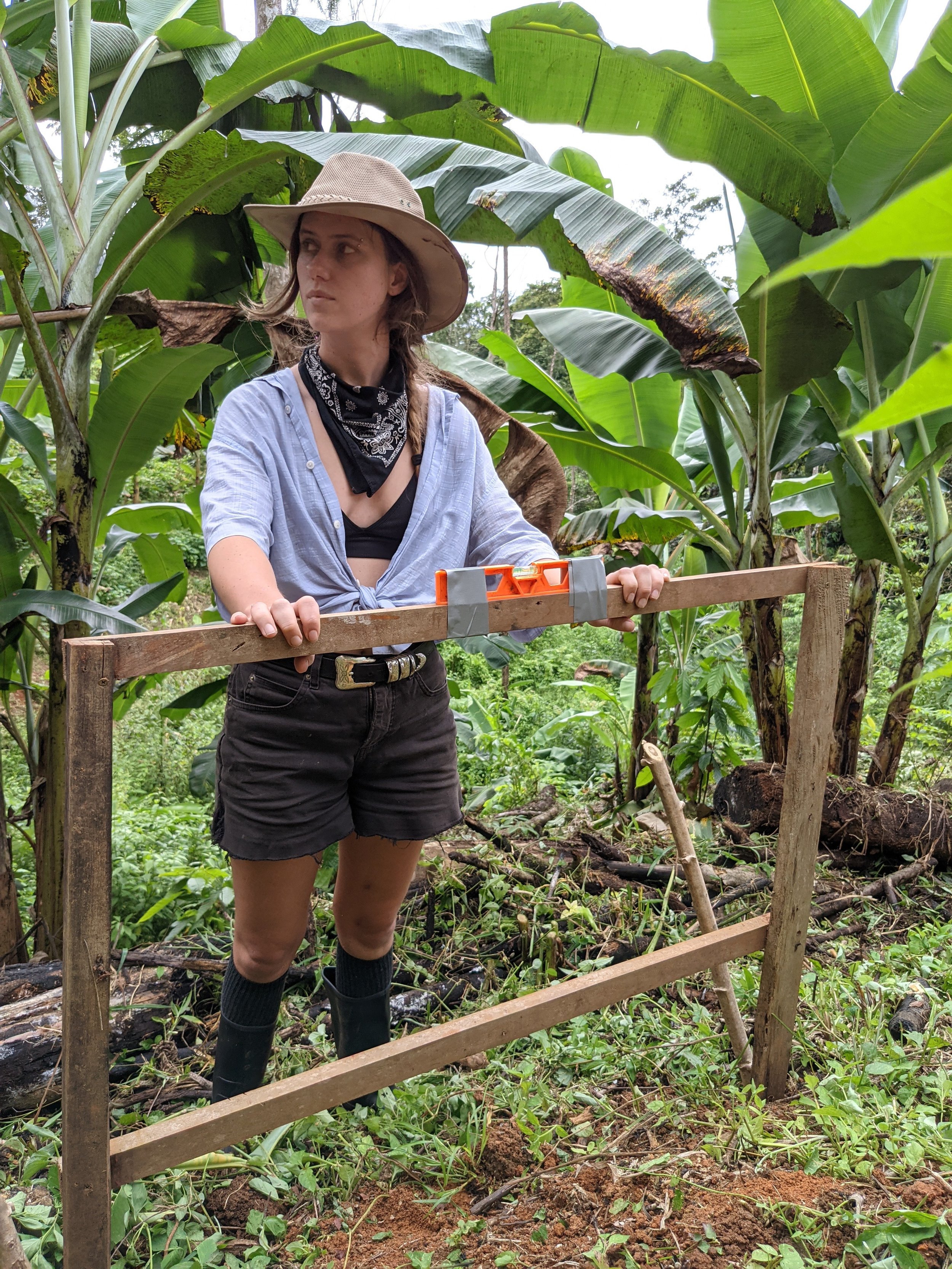
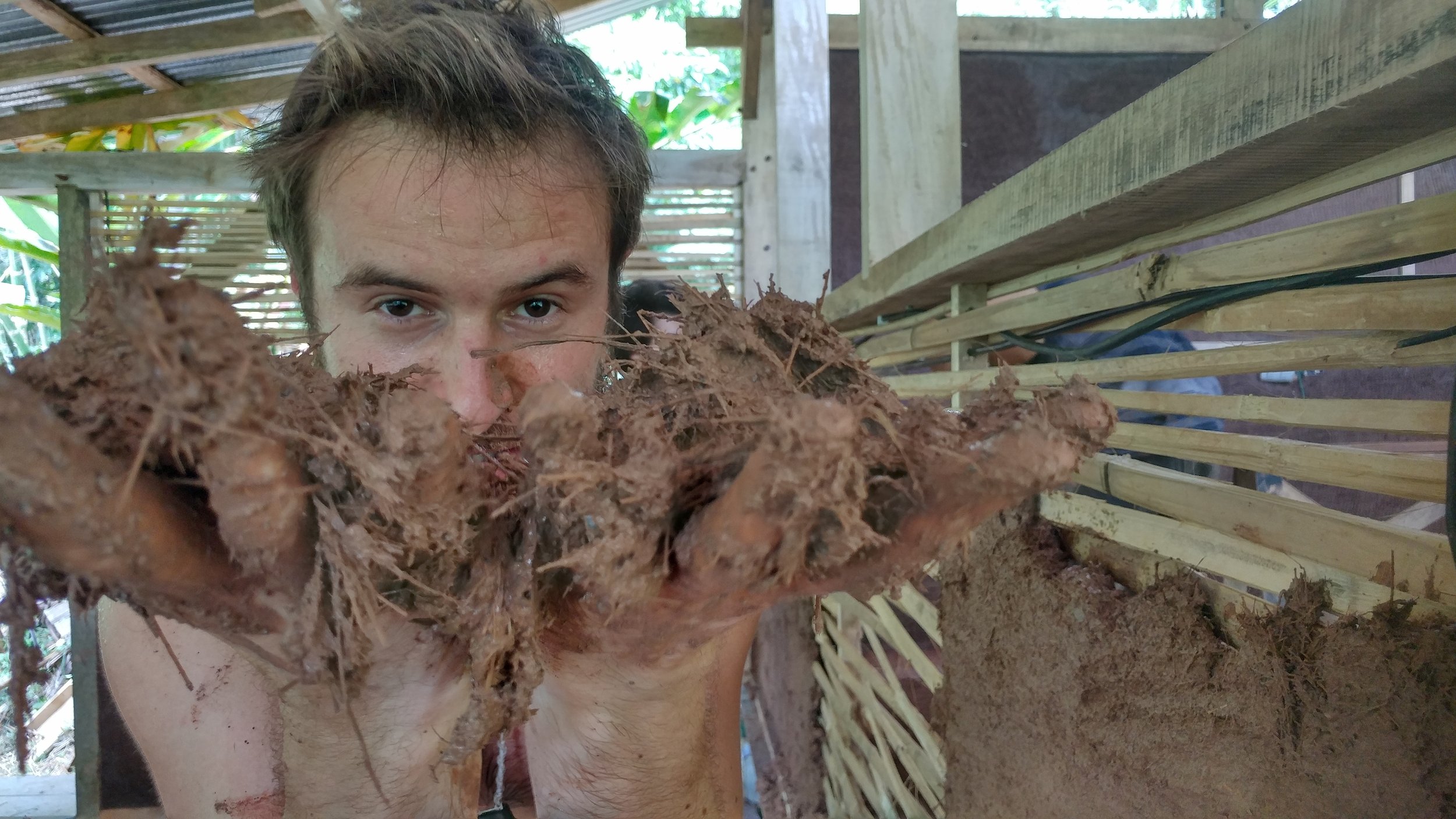
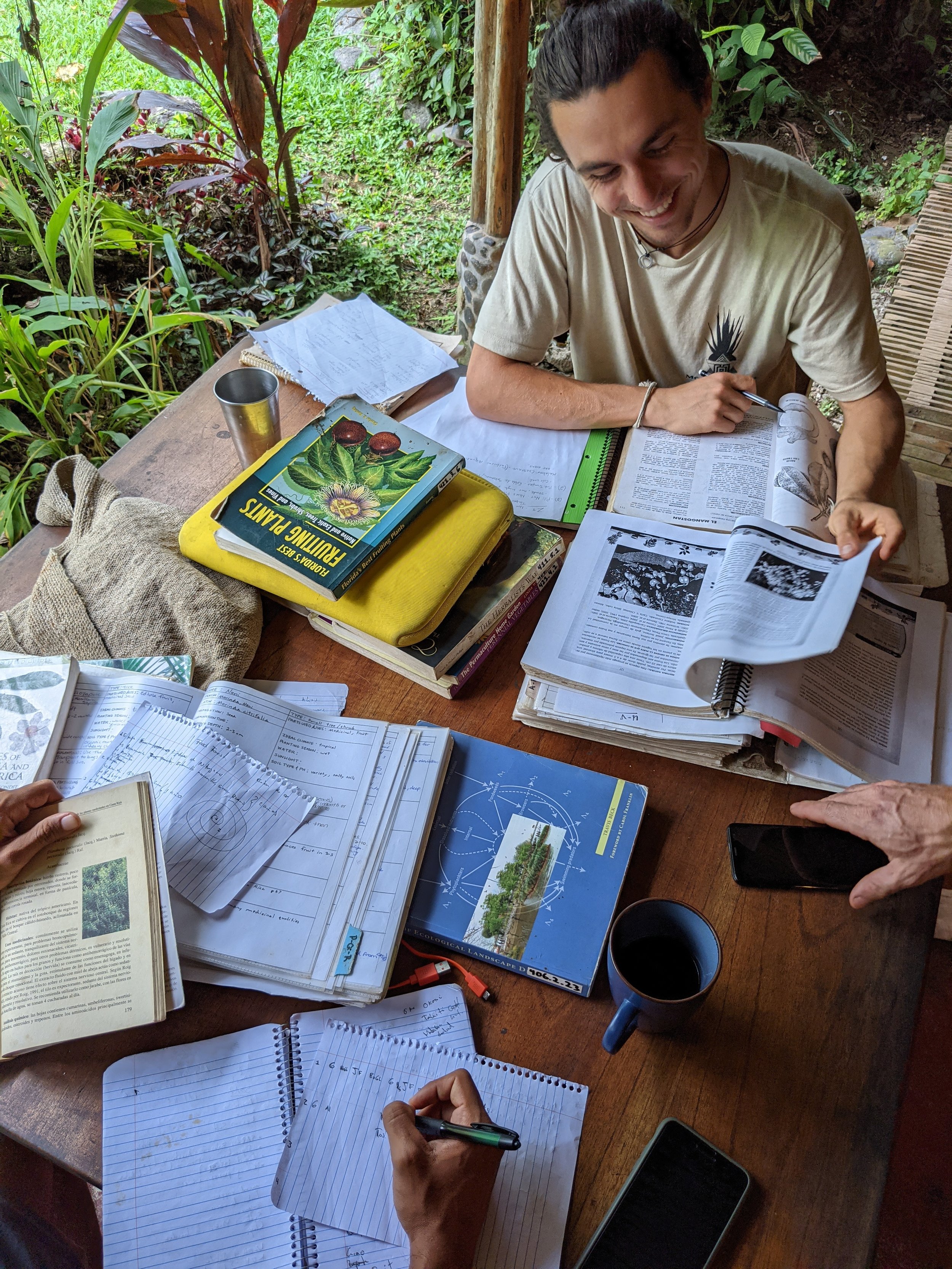
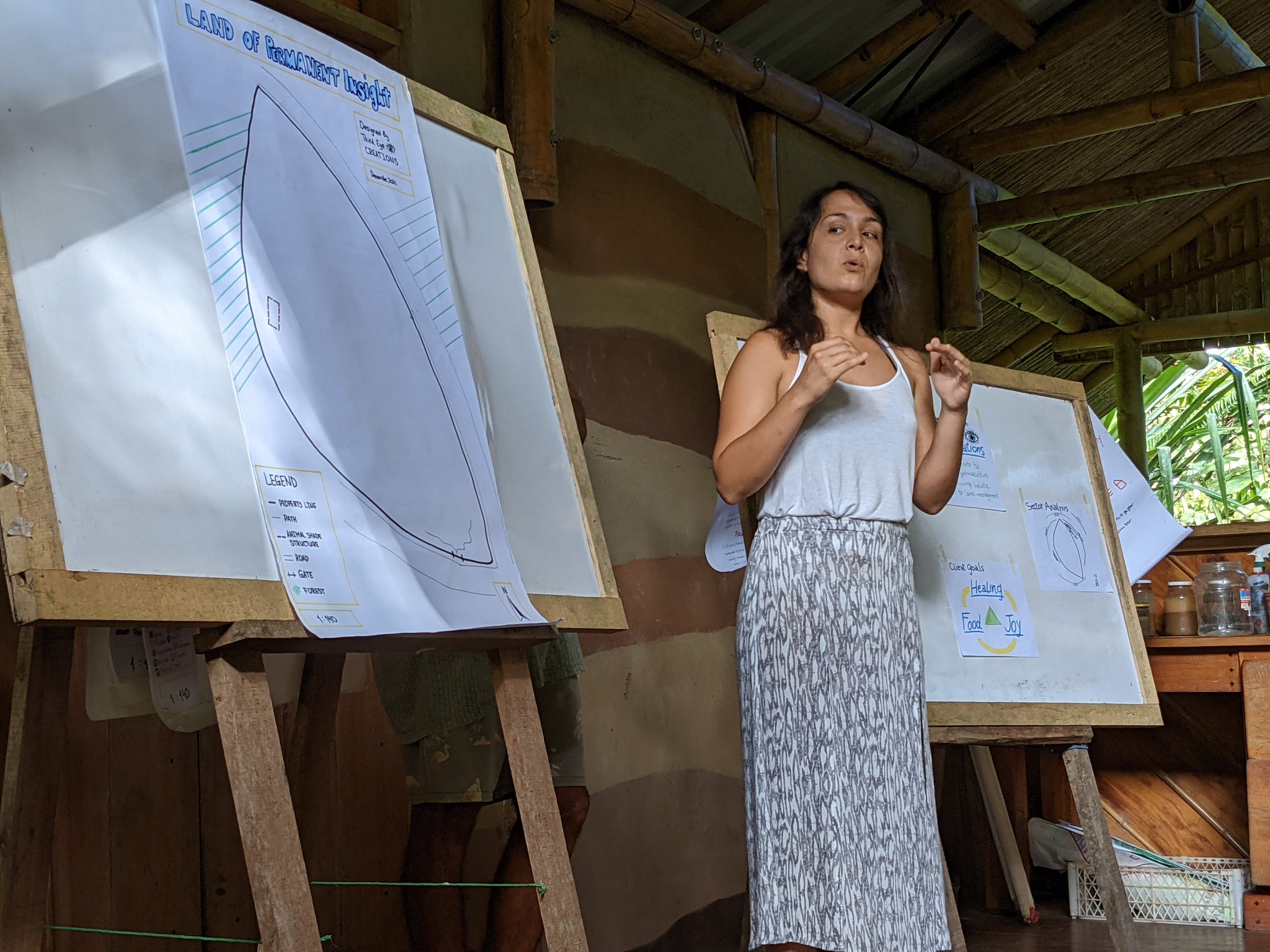
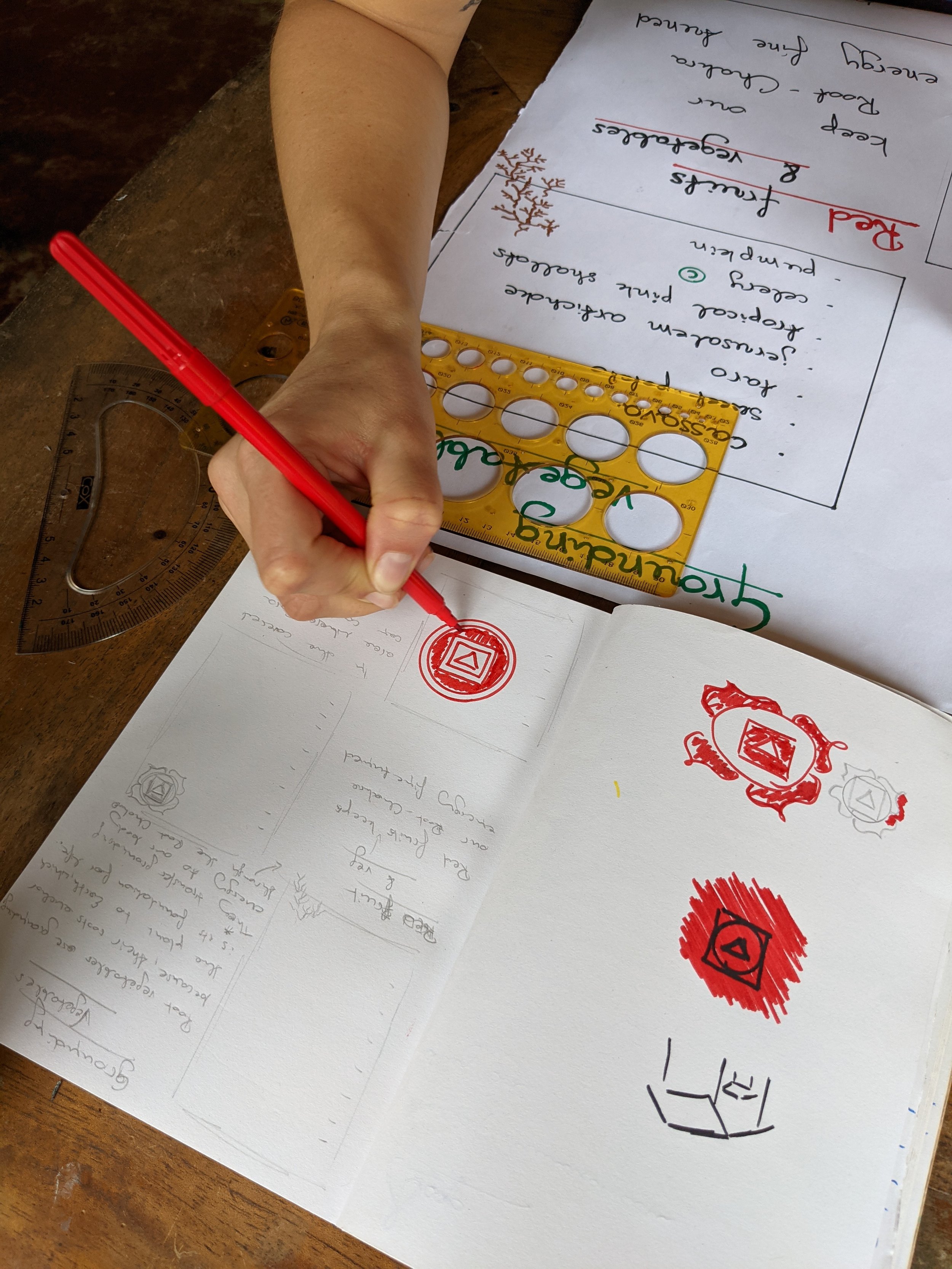

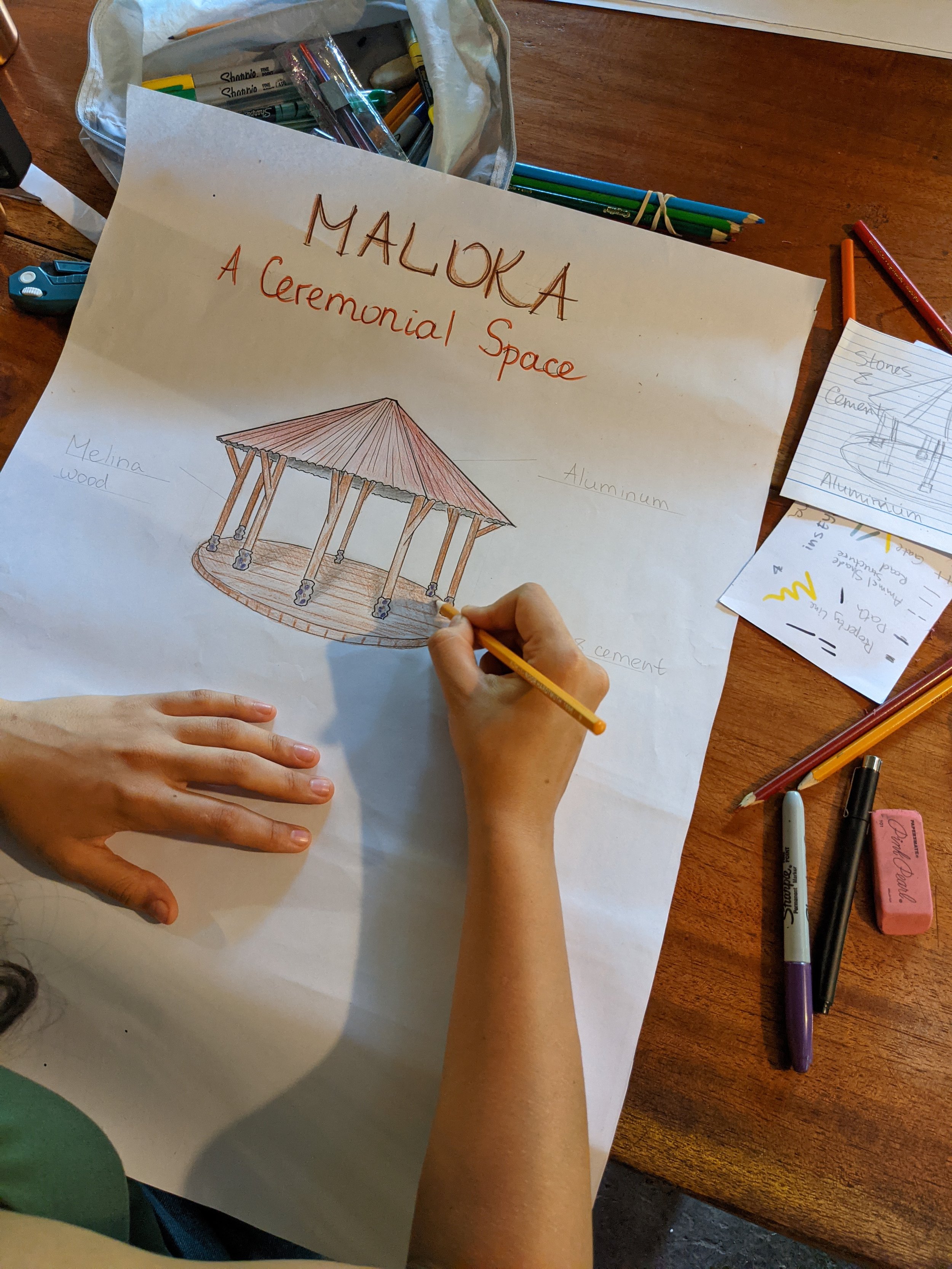




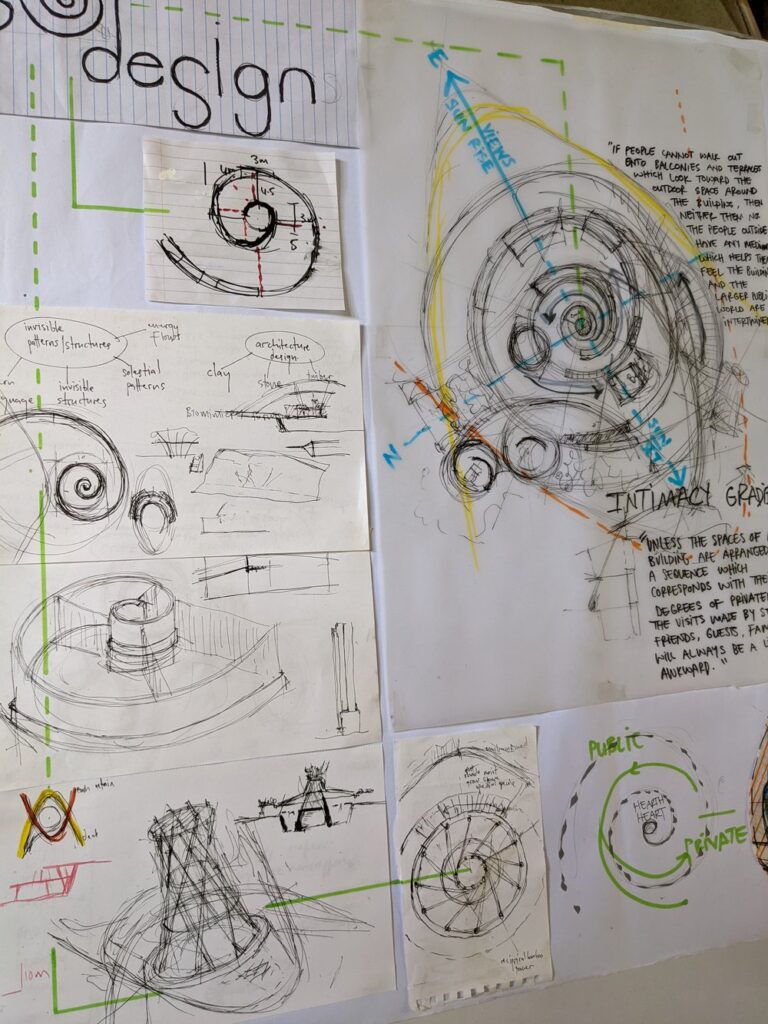
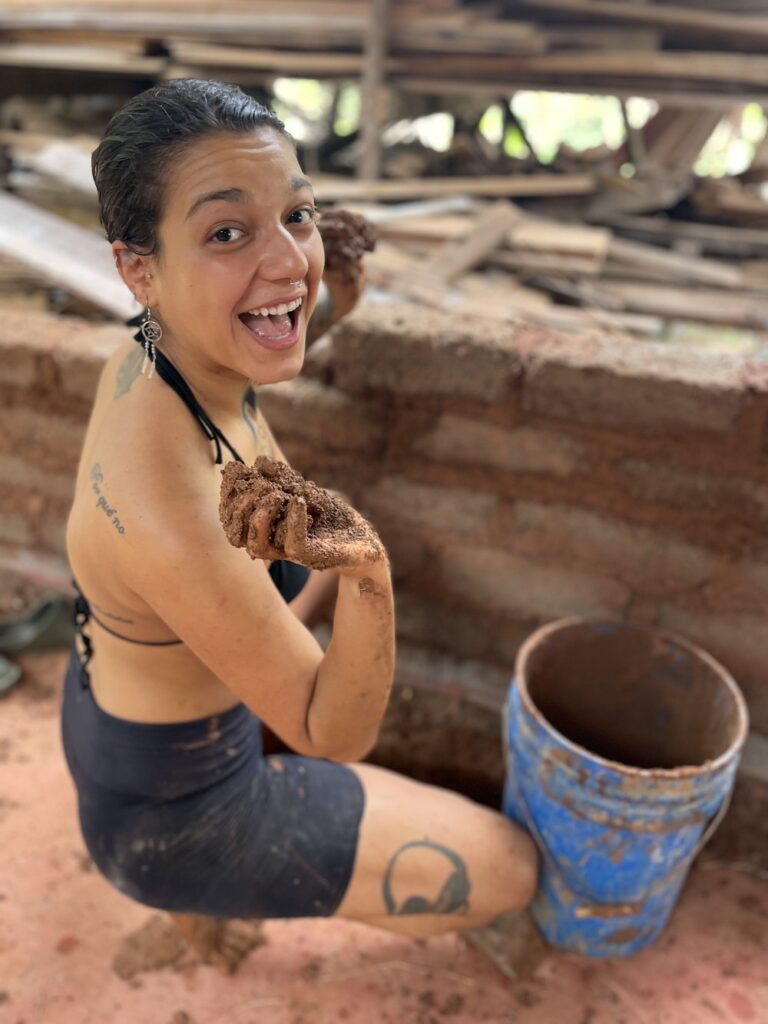
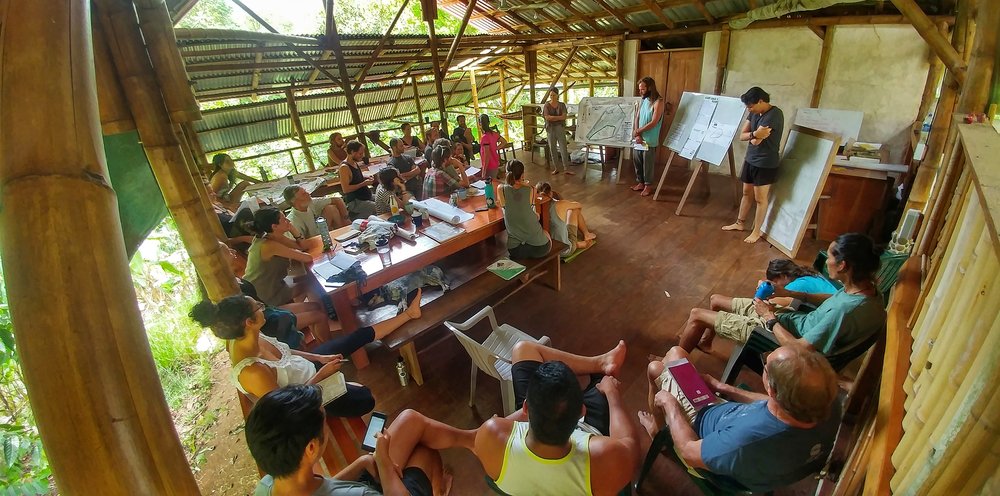

Respuestas